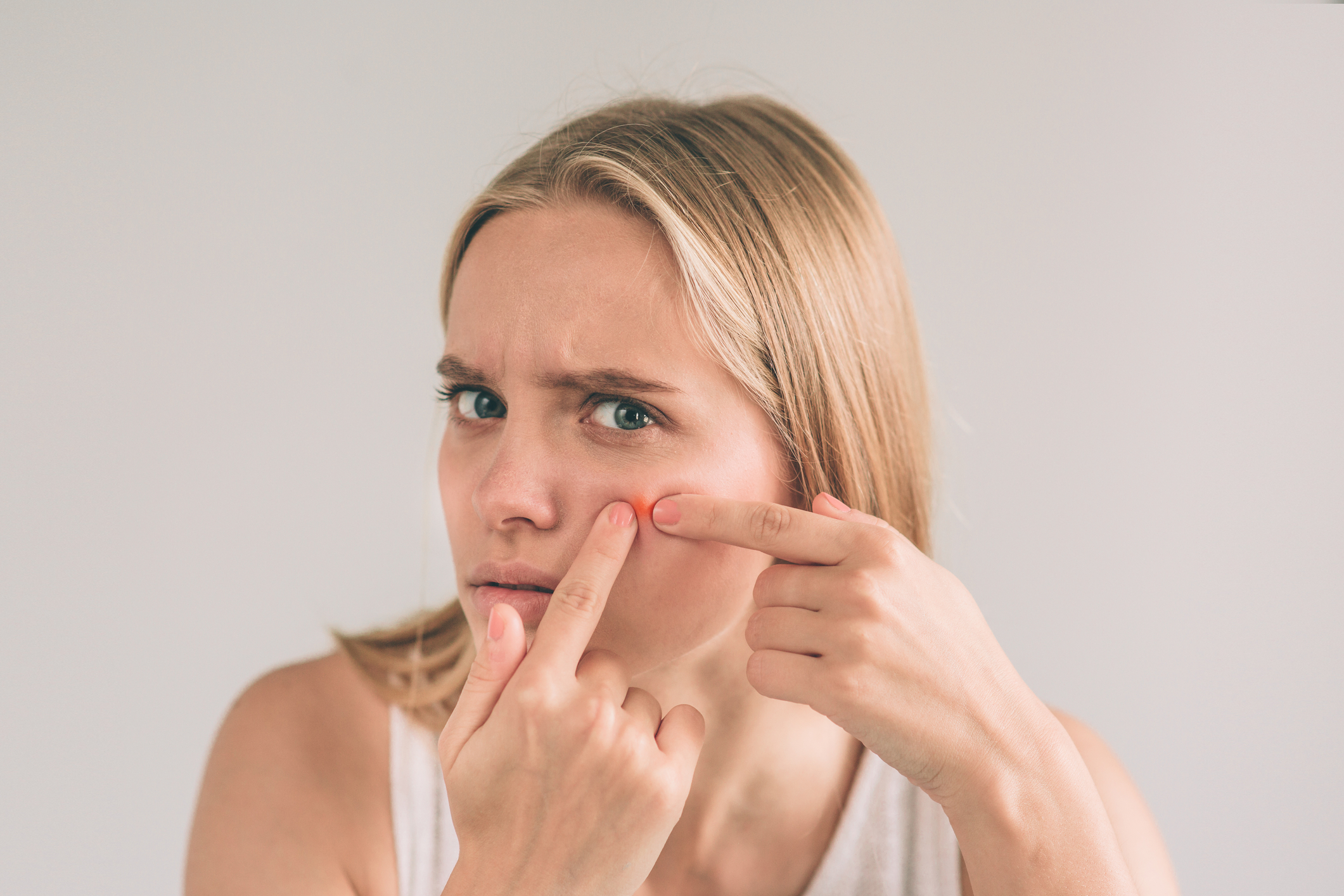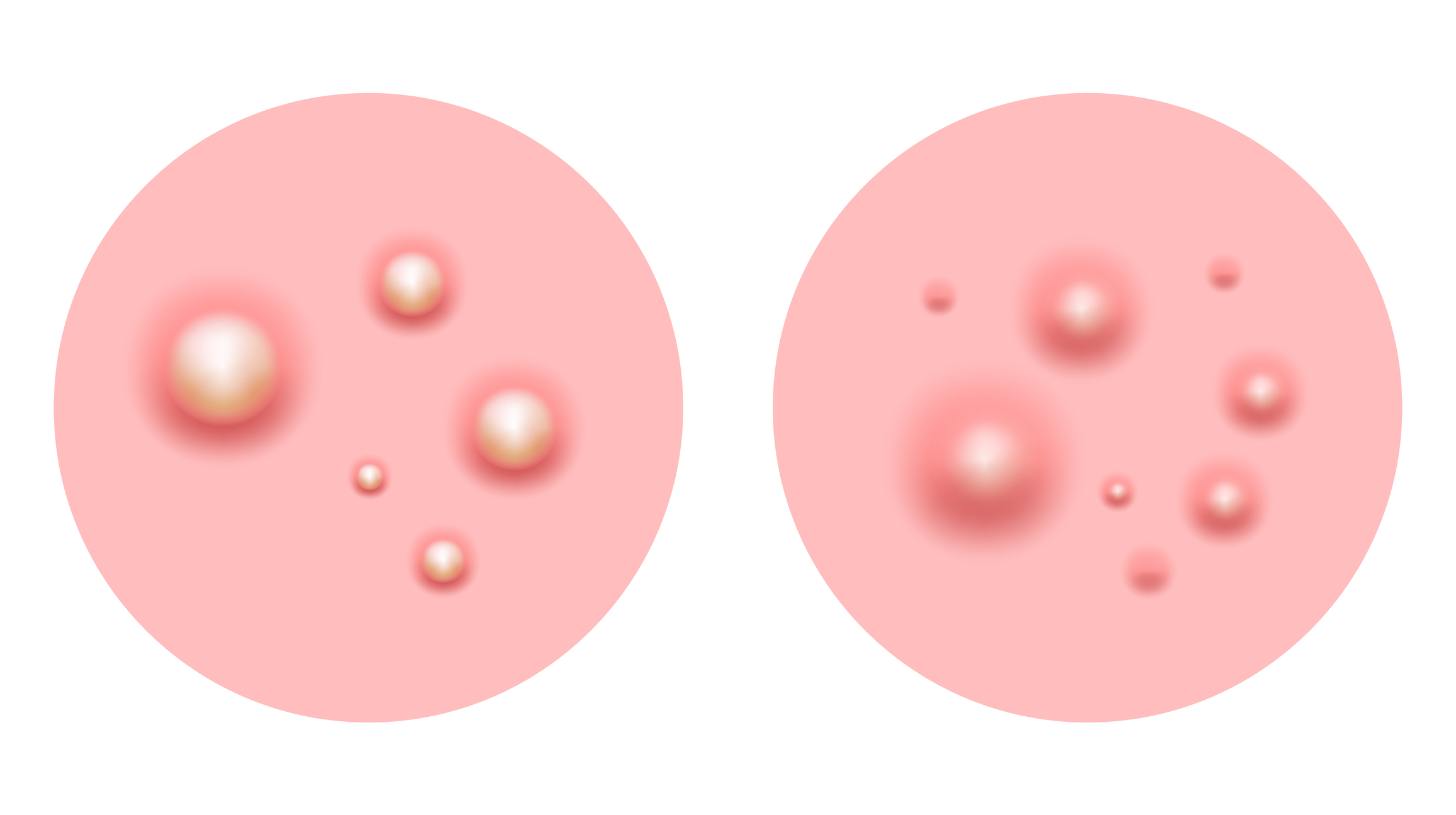Visual Signs That You Actually Have Health Problems
In most cases, the sooner you pick up on a health problem the better for you, as it can be treated and hopefully cured more quickly as well. Letting a problem worsen over time is the worst thing you could do and it could end up being something that you bitterly regret in the future.This means that it is a good idea to be aware of any of the visual signs that could show that you need to get checked out by a doctor. So what are the big warning signs that could show you that you had a possible health problem?
Acne

Acne is primarily a condition that is started from hormonal changes by the male androgenic hormones, which normally become active only during the early stages of your life (teenager years). It can often times become very sensitive and may be an indication of infection from other bacteria that has come in contact with the skin. Fatty acids and oil glands can cause acne on your face, arms, legs, chest and back. These areas are known predominantly as the sites of oil glands.
Acne is often referred to as whiteheads or blackheads. They appear as small lumps or nodules and can be also known as a cyst. Acne is a normal to occur in people of all ages. It is good to know that certain conditions may increase the aggravation of pimples such as fluctuating hormone levels around the time of the women menstrual cycle, picking at pimples and clothing (rough clothing).
You can usually treat acne and pimples by using over the counter treatments. These treatments will be typically applied to the skin and should greatly help with the irritation.
Yellow Tinge On Your Skin

A yellowish tinge to your skin and eyes can mean many things that can range from light health issues to much more serious ones. Yellow tinge in your skin pigment could mean that you have some form of liver disease, hepatitis or maybe jaundice. Make sure you seek consultation from a doctor if you notice a change in color.
The slightly noticeable color change might be the only symptom you or anyone else may notice and you might feel fine, but don’t ignore this sort of change in your appearance if you do happen to notice it. The sooner you get it checked out the better.
Infant jaundice is a common condition, particularly in babies born before 38 weeks gestation (preterm babies) and some breast-fed babies. Infant jaundice usually occurs because a baby's liver isn't mature enough to get rid of bilirubin in the bloodstream. In some cases, an underlying disease may cause jaundice.
